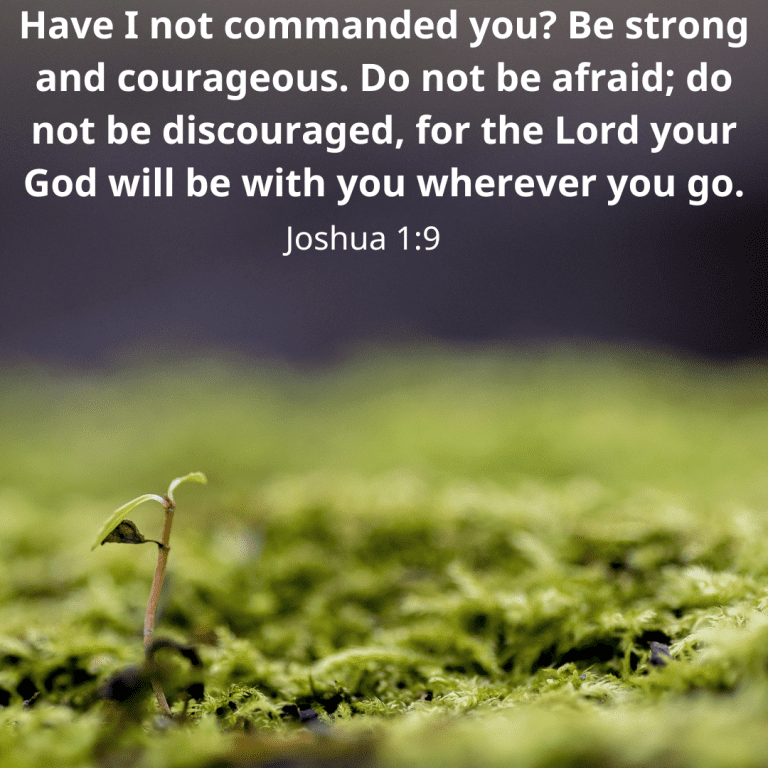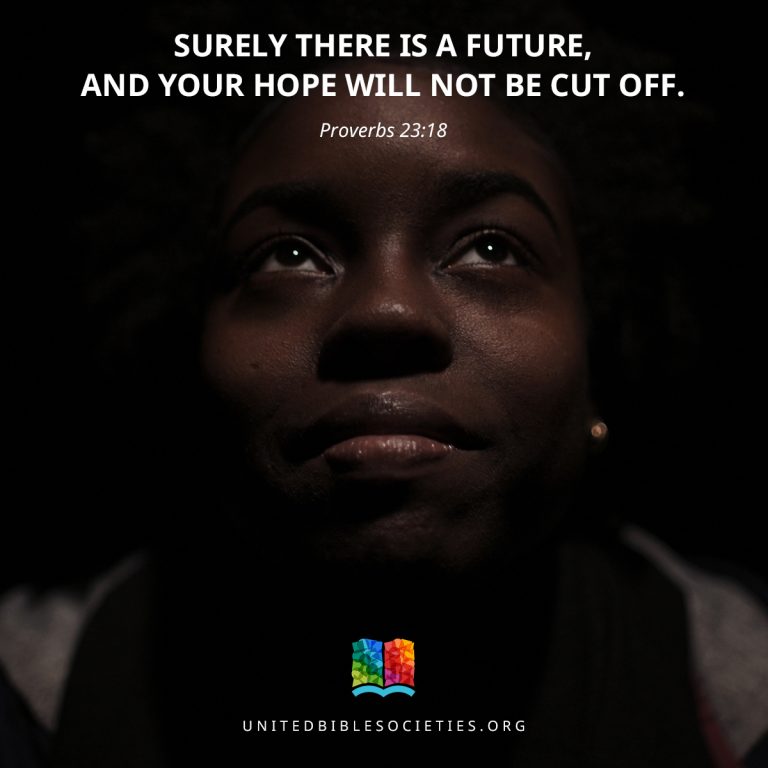Milayo ili gumi
(Kufuluka 20:1-17)1 Mushe kadana Baiziraela bose kabadwa kati, “Hwililani milayo yandinoleba mu zebe dzenyu mu zhuba lino imwi Baiziraela mose, muyizwidiye mube ne njele kuyishinga. 2 Yahwe Ndzimu wedu bakathama tjidumano naswi mu Horebu. 3 Yahwe abazothama tjidumano itjetji na bobatategulu bedu, koga bakatjithama naswi iswi banotjila sangwenu mu zhuba lino. 4 Yahwe bakalebeleka namwi makalingisana pa dombo kudwa pakati pe moto, 5 imi ndili mile pakati kwa Yahwe namwi, ngoti makabe mutja ngekwe moto ngono mukasitathe dombo.” Yahwe bakabe beti,
6 “Ndimi Yahwe Ndzimu wenyu ibo bakamudusa mu shango ye Egipiti mu ng'umba ye busungwa.” 7 “ ‘Musitongobe ne mimwe midzimu mbeli kwangu.’ ” 8 “ ‘Musitongozwithamila zwifano zwakabezhiwa kene ifano tje tjimwe tji kudzimu pezhugwi kene tje tjimwe tjimu shango pasi kene tjimu vula pasi kwe shango.’ ” 9 “Musitongozwikotamila kene kuli kuzwishingila ngoti imi Yahwe Ndzimu wenyu ndi Ndzimu una fupa, ndolobela bana matjinyo a botate babo kunoti mu tjizekugwana tje butatu ne tje bunna tjinondibenga, 10 koga ndolakidza ludo gusingazunguzike ku zwiwulu zwe banondida kakale belondolodza milayo yangu.”
11 “ ‘Usitongo danila zina la Yahwe Ndzimu uwo suli, ngoti Yahwe abatowontola asina nlandu iye unodanila zina labo suli. 12 Londolodza zhuba le Sabata kuliyengemadza sekwa wakalayiwa ndi Yahwe Ndzimu uwo. 13 Mu mazhuba ali kutathatu ushinge uwidze mishingo iyo, 14 koga zhuba le butendeka i Sabata la Yahwe Ndzimu uwo, mulili usitongo shinga nshingo kene uli upi, iwe kene nkololo uwo, kene nkololokadzi uwo, kene nlandalume uwo, kene nlandakadzi uwo, kene ngabe iyo, kene donki iyo, kene imwe ye ng'ombe dzidzo, kene ntaya unogala nawe, kuyita kuti nlandalume ne nlandakadzi uwo anyaluluke sawe. 15 Ukumbule kuti wakabe uli nlanda mu shango ye Egipiti, ngono Yahwe Ndzimu uwo bakakudusa nge tjiazha tjakasima nge luboko gwakatambunuka, ndizo Yahwe Ndzimu uwo bakakulaya kulondolodza zhuba le Sabata.’ ”
16 “Kudza tate babo na mmeyabo Yahwe Ndzimu uwo sekwabakakudwa kuti mazhuba awo abe malefu nekuti kukuyendile zubuyanana mu shango yaunopiwa ndi Yahwe Ndzimu uwo.”
17 “Usitongo bulaya nthu.
18 “Usitongo thama bupombgwe.
19 “Usitongo kwiba.
20 “Usitongo pa butendeki gwe manyepkhwa ngekwe mbakidzani uwo.
21 “Usitongo yemula nkadzi we mbakidzani nawe, kene kuli kuyemula ng'umba ye mbakidzani nawe, kene nnda uwe, kene nlandalume uwe, kene nlandakadzi uwe, kene ngabe iye, kene donki iye, kene tjimwe koga tje mbakidzani uwo.”
Lutjo gwe bathu
(Kufuluka 20:18-21)22 Matama iyawa akalebgwa ndi Yahwe ku gubungano lenyu mose pa dombo kudwa pakati kwe moto mu gole ne zhalima lakati zwititi, belebeleka nge hwi gulu ngono bakasitongo paphidza. Ngono bakaakwala mu zwileiti zwe mabgwe zwibili, ngono bakandipa izo. 23 Ngono makati muhwa hwi lidwa pakati kwe zhalima, dombo ilo lithuta nge moto, makazha pejo nami imwi misholo yose ye njudzi dzenyu ne bakulu benyu. 24 “Ngono mukabe muti, ‘Bonani, Yahwe Ndzimu wedu batilakidza tjedza tjabo ne bukulu gwabo kakale tahwa hwi labo lidwa pakati kwe moto, mu zhuba ilelino tabona Ndzimu ulebeleka ne nthu ngono nthu utjatjila zwe.’ ” 25 “ ‘Ngono ngwenu wali ini tingafa? Ngoti moto ihwoyu nkulukulu unowotitshwayila, ha tingadwilila tihwa hwi la Yahwe Ndzimu wedu towofa. 26 Ngoti ndiyani kene pakati kwe ludzi gwe nthu wakatongo hwa hwi le Ndzimu unotjila ulebeleka kudwa pakati kwe moto saswi sekwa takahwa ngono katjila? 27 Sedzela pejo uhwe kose kunowolebgwa ndi Yahwe Ndzimu wedu ube utibudza kose kunowolebgwa ndi Yahwe Ndzimu wedu kukuli, ngono towohwa ngono tikakuthama.’ ”
28 “Ngono Yahwe bakahwa matama enyu pamakabe mulebeleka nami, ngono Yahwe bakati kundili, ‘Ndahwa matama e bathu ibaba abaleba kukuli, baleba zubuyanana kose ikoku kwabaleba. 29 Kwakanaka ha babe begala bana nkumbulo wakajali misiyose, benditja kakale belondolodza milayo yangu kuti kubayendile zubuyanana ibo ne bana babo nge kusingapele.’ ” 30 Yenda uswike ubadwe uti, “Bgwililani ku mishasha yenyu.” 31 “Koga iwe ima ipapa nami ngono ndowokubudza milayo yose yawunowobadiya kuti bayishinge mu shango yandinobapa kuti bayithuwe.”
32 “Ndizo ibeni ne njele kushinga sekwa madwiwa ndi Yahwe Ndzimu wenyu, musitongo pambukila ku luboko luji kene ku lumeshwe. 33 Muyende mu zila yamakadwiwa ndi Yahwe Ndzimu wenyu kuti ndizo mutjile ne kuti kumuyendile zubuyanana ne kuti mutjile tjibaka tjilefu mu shango yamunowothuwa.”
The Ten Commandments
(Exodus 20.1-17)1 Moses called together all the people of Israel and said to them, “People of Israel, listen to all the laws that I am giving you today. Learn them and be sure that you obey them. 2 At Mount Sinai the Lord our God made a covenant, 3 not only with our fathers, but with all of us who are living today. 4 There on the mountain the Lord spoke to you face-to-face from the fire. 5 I stood between you and the Lord at that time to tell you what he said, because you were afraid of the fire and would not go up the mountain.
“The Lord said, 6 ‘I am the Lord your God, who rescued you from Egypt, where you were slaves.
7 “‘Worship no god but me.
8 “‘Do not make for yourselves images of anything in heaven or on earth or in the water under the earth. 9 Do not bow down to any idol or worship it, for I am the Lord your God and I tolerate no rivals. I bring punishment on those who hate me and on their descendants down to the third and fourth generation. 10 But I show my love to thousands of generations of those who love me and obey my laws.
11 “‘Do not use my name for evil purposes, for I, the Lord your God, will punish anyone who misuses my name.
12 “‘Observe the Sabbath and keep it holy, as I, the Lord your God, have commanded you. 13 You have six days in which to do your work, 14 but the seventh day is a day of rest dedicated to me. On that day no one is to work—neither you, your children, your slaves, your animals, nor the foreigners who live in your country. Your slaves must rest just as you do. 15 Remember that you were slaves in Egypt, and that I, the Lord your God, rescued you by my great power and strength. That is why I command you to observe the Sabbath.
16 “‘Respect your father and your mother, as I, the Lord your God, command you, so that all may go well with you and so that you may live a long time in the land that I am giving you.
17 “‘Do not commit murder.
18 “‘Do not commit adultery.
19 “‘Do not steal.
20 “‘Do not accuse anyone falsely.
21 “‘Do not desire another man's wife; do not desire his house, his land, his slaves, his cattle, his donkeys, or anything else that he owns.’
22 “These are the commandments the Lord gave to all of you when you were gathered at the mountain. When he spoke with a mighty voice from the fire and from the thick clouds, he gave these commandments and no others. Then he wrote them on two stone tablets and gave them to me.
The People's Fear
(Exodus 20.18-21)23 “When the whole mountain was on fire and you heard the voice from the darkness, your leaders and the chiefs of your tribes came to me 24 and said, ‘The Lord our God showed us his greatness and his glory when we heard him speak from the fire! Today we have seen that it is possible for people to continue to live, even though God has spoken to them. 25 But why should we risk death again? That terrible fire will destroy us. We are sure to die if we hear the Lord our God speak again. 26 Has any human being ever lived after hearing the living God speak from a fire? 27 Go back, Moses, and listen to everything that the Lord our God says. Then return and tell us what he said to you. We will listen and obey.’
28 “When the Lord heard this, he said to me, ‘I have heard what these people said, and they are right. 29 If only they would always feel this way! If only they would always honor me and obey all my commands, so that everything would go well with them and their descendants forever. 30 Go and tell them to return to their tents. 31 But you, Moses, stay here with me, and I will give you all my laws and commands. Teach them to the people, so that they will obey them in the land that I am giving them.’
32 “People of Israel, be sure that you do everything that the Lord your God has commanded you. Do not disobey any of his laws. 33 Obey them all, so that everything will go well with you and so that you will continue to live in the land that you are going to occupy.


